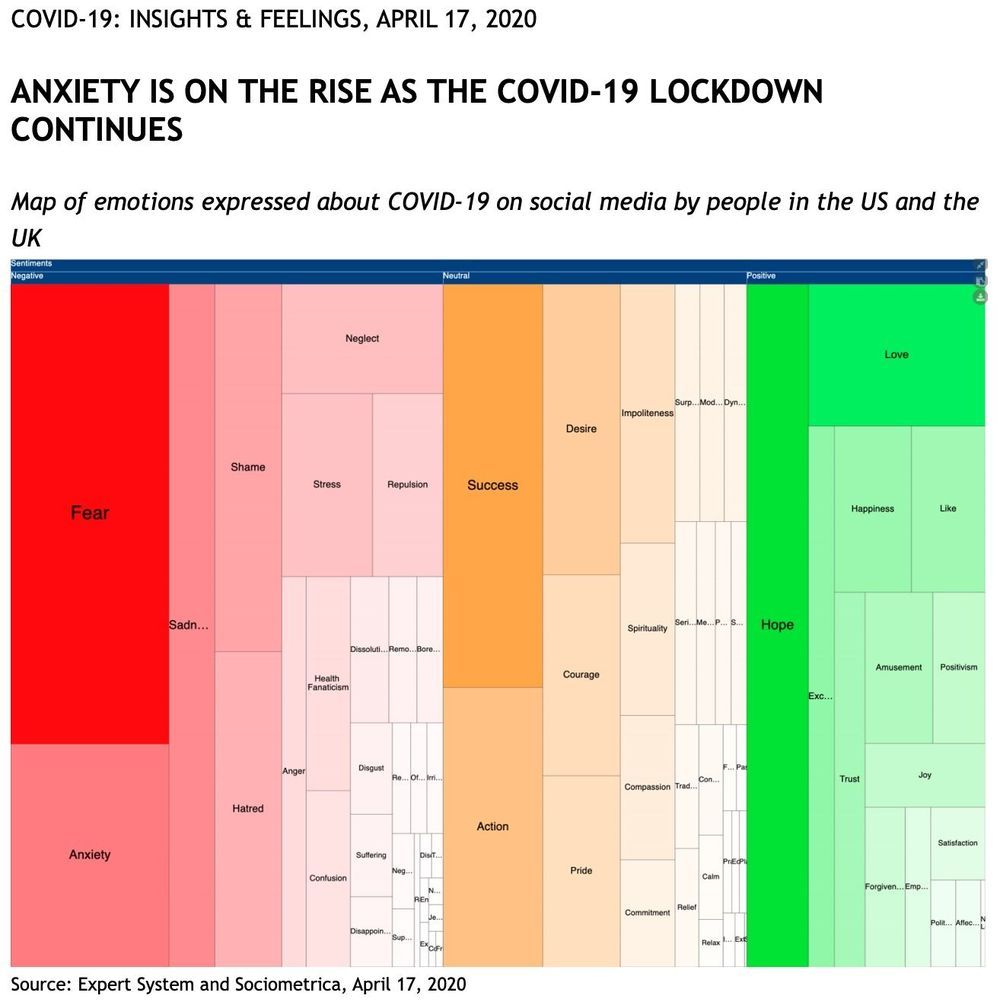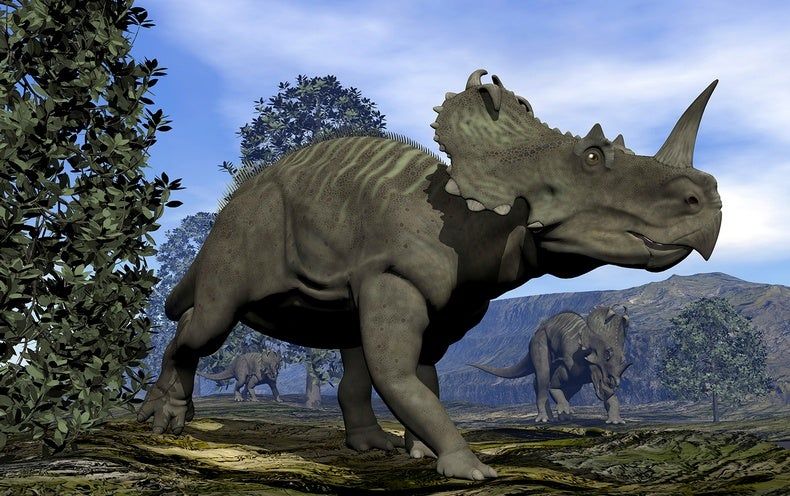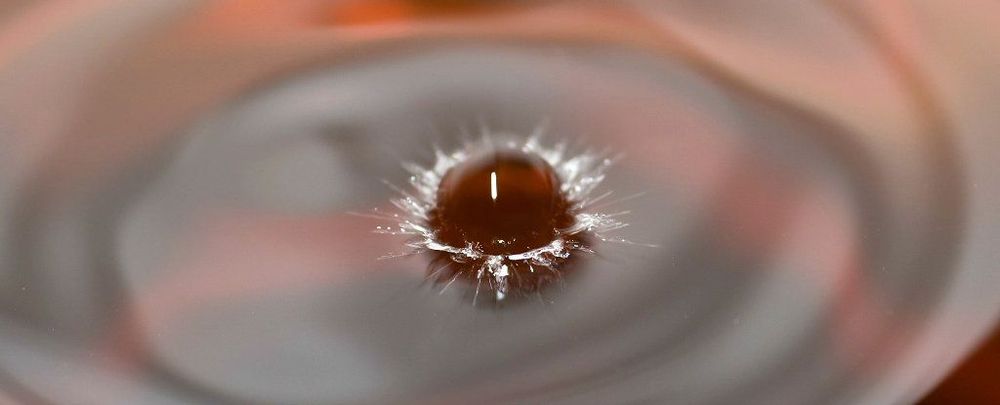Expert Systems and Sociometrica analyze the sentiment of 63,000 social media posts each day to … [+] determine the emotional state of the internet in response to COVID-19.




In particle physics, we try to understand reality by looking for smaller and smaller building blocks. But what if that has been the wrong philosophy all along?
In standard use, the S-matrix can be calculated if you understand the forces in the interaction region – for example, in the nucleus of an atom. But what if you don’t know those internal interaction forces? Heisenberg sought a way to ignore that internal structure and, rather, treat the S-matrix as fundamental. The S-matrix was to become the physics of the interaction, rather than an emergent property of more fundamental, internal physics. Heisenberg’s made some progress in the 40s, but the approach came into its own 20 years later when the atomic nucleus refused to give up its mysteries.

Circa 2015
— — Boeing’s new patent may let the force be with you even in real life.
The aircraft and defense company has taken a cue from science fiction with its plan to develop a Star Wars-style force field that would use energy to deflect any potential damage.
April 16, 2020: A meteor impacted the earth in Akure, Nigeria at an angle of 43 degrees on March 28, 2020. The space rock left a large crater and created an ejecta blast zone that damaged many structures. #AsteroidImpact #MeteorExplosion #CometSwan
Support our SOCIAL MEDIA Sites;
➨Twitter: https://twitter.com/skymednews
➨Facebook: https://www.facebook.com/skymednews
➨Instagram: https://www.instagram.com/skymednews
OFFICIAL WEBSITE:➨https://www.earthfrenzyradio.com


In an act that defies physics as we know, Washington State University physicists have just created a fluid with negative mass. Apply pressure to the liquid and instead of accelerating in the direction it was pushed (like every other physical object in the world), it accelerates backward. Michael Forbes, a WSU assistant professor of physics and astronomy, believes the phenomenon can be used to explore some of the more challenging concepts of the cosmos.
“Hypothetically, matter can have negative mass in the same sense that an electric charge can be either negative or positive,” the University’s website notes. “People rarely think in these terms, and our everyday world sees only the positive aspects of Isaac Newton’s Second Law of Motion, in which the force is equal to the mass of an object times its acceleration, or F=ma.”
This explains why mass will typically accelerate in the direction of the force that is pushing it.

Washington (AFP) — The wealthy Bill & Melinda Gates Foundation called Wednesday for global cooperation to ready COVID-19 vaccines for seven billion people, while offering $150 million toward developing therapeutics and treatments for the virus.
While it is likely to take as many as 18 months to develop and fully test a safe coronavirus vaccine, global authorities and businesses need to start now on plans to manufacture it, said foundation chief executive Mark Suzman.
“It’s normal to have, at maximum, hundreds of millions of doses manufactured,” he said.
Here’s the new IMMORTALITY OR BUST 2-min highlight video. The feature documentary will air on Amazon Prime/Video on June 23rd! Four years in the making, the award-winning film features celebrities, scientists & transhumanism activists along my Immortality Bus road trip. https://www.facebook.com/ZoltanGIstvan/videos/1497742500404615/ #ImmortalityOrBust